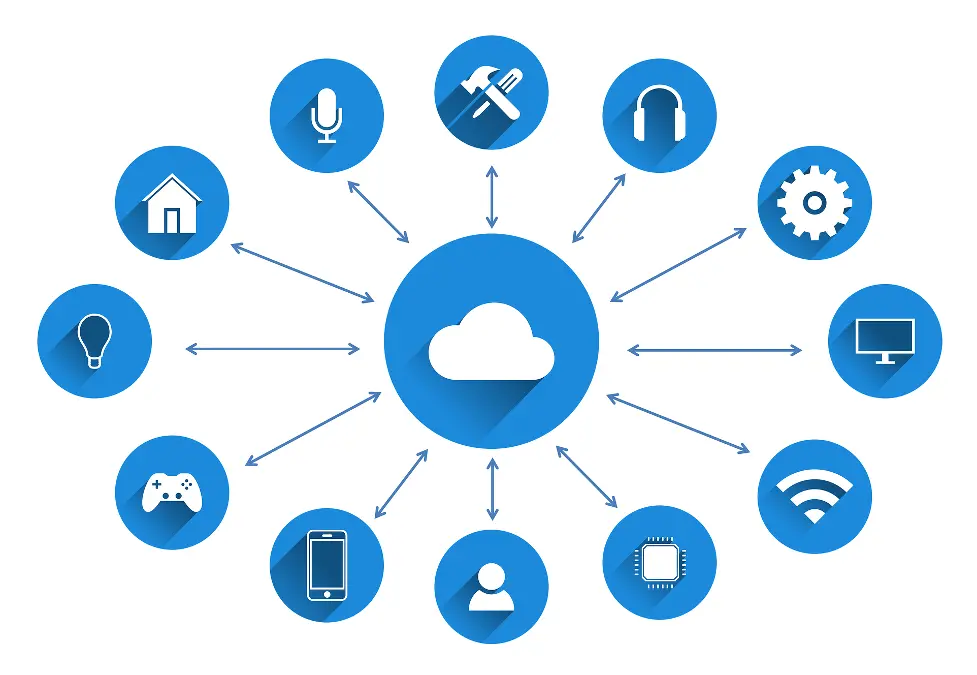Comments (2)
Martin Galindo
Wireless networking is increasingly popular for all businesses
Allison Tucker
This is critical for any business that uses network resources, especially on private networks.

The world is slowly going wireless, and small and medium businesses are the biggest beneficiaries of this advance in technology.
If you are a business owner, you may ask yourself if going wireless has any benefits to your production activities and if your wired infrastructure is undercutting your efficiency and productivity in any way. This article answers that by providing you with the most obvious benefits of wireless infrastructure and why every modern business needs it.

Installation of wireless infrastructure is fairly cheap and easy, at least compared to wired infrastructure. This is because you don’t need to pay for the cables or have them installed, replaced, or maintained. Creating connected wireless ecosystems simply involves installing a few devices in specific places, from where they will be accessed remotely. Other advantages of wireless connections include a reduced risk of infrastructure damage and theft since there are no cables running outside buildings, and the number of assets to guard is relatively small.
Every business has expansion objectives, and the company network must always be part of the plan. Implementing that is easier when using wireless infrastructure as you will only need to add wireless and mobile devices to the network. Wired infrastructure, on the other hand, may call for the installation of more cabling into the new office spaces. This costs money, and so does maintaining, repairing, and safeguarding the new infrastructure.
If your business has a remote working policy, it may prove extremely difficult to rely on wired infrastructure. Wireless infrastructure facilitates company data access from anywhere in the world as long as the remote workers have an internet connection. This enhances teamwork and improves productivity without compelling you to forfeit your preferred mode of operation.
Big businesses have been using cloud services for decades, but the trend has now spread into the small business realm. Its benefits include fewer costs, 24-hour availability, automated software updates, better data security, and enhanced collaboration. Any organization that wants to get the most out of cloud computing must be ready to give up wired infrastructure and switch to wireless networking. With wired infrastructure, the workforce may not access cloud apps and services from certain devices in the company network.
User access control is only available up to a certain level when using wireless infrastructure. Oftentimes, if a device is connected to another or two devices are connected to the same database, both will have the same access privilege to whatever data the server holds. A wireless network lets you limit client-server access to specific files, making it easier for you to determine who can sensitive information. This reduces data breaches through employee fault or untraceable internal attacks.
Wireless networking is the future, and the future is now. If you are still relying on wired infrastructure to connect staffers and departments in your organization, you are putting your business at a competitive disadvantage. Make a point of switching to wireless infrastructure to enjoy the above benefits.
Wireless networking is increasingly popular for all businesses
This is critical for any business that uses network resources, especially on private networks.
Leave your comments
Post comment as a guest